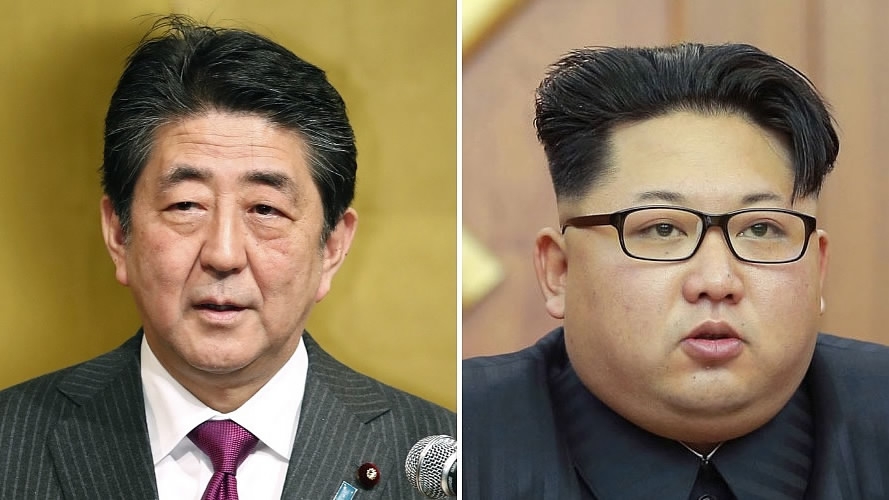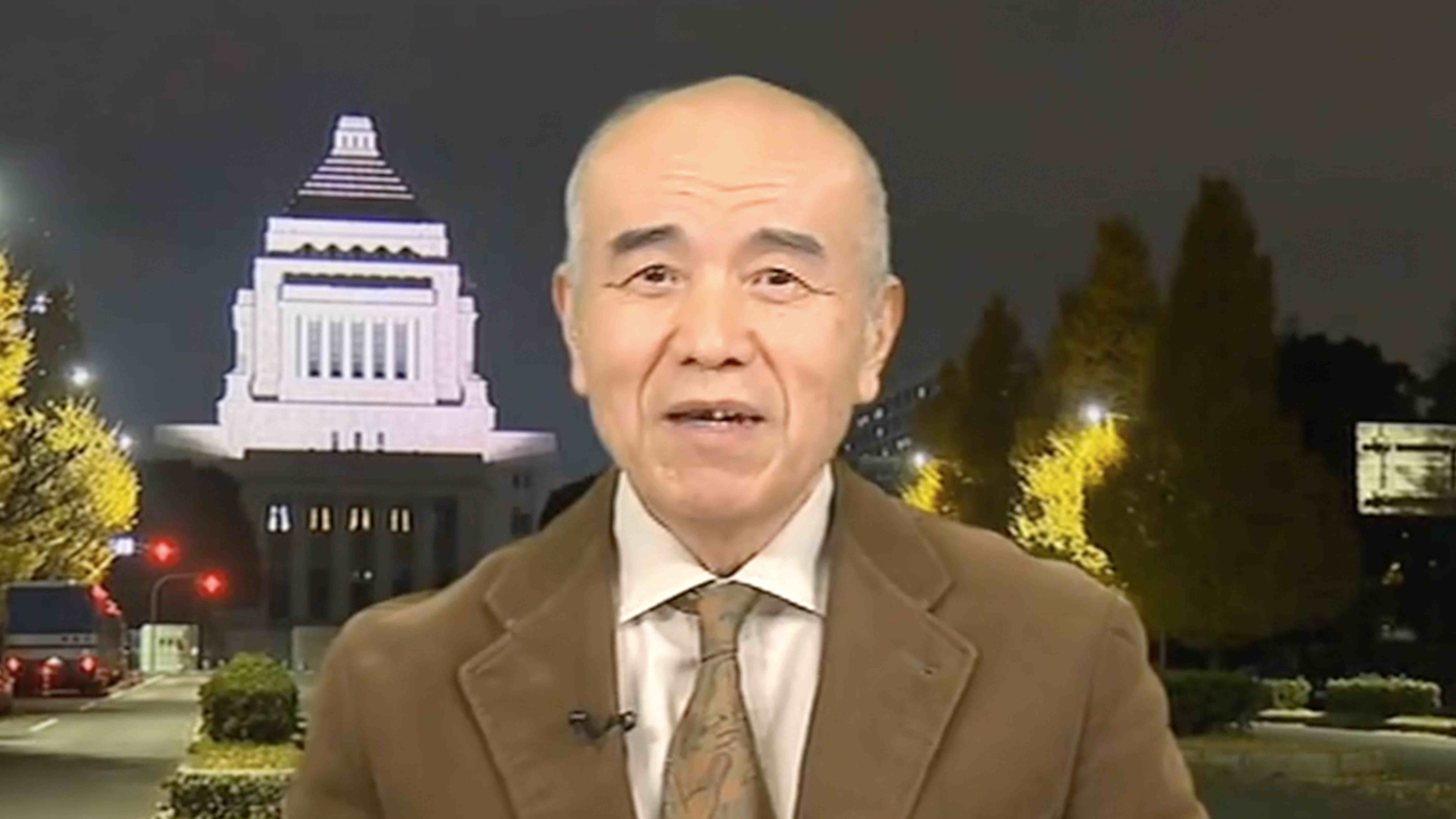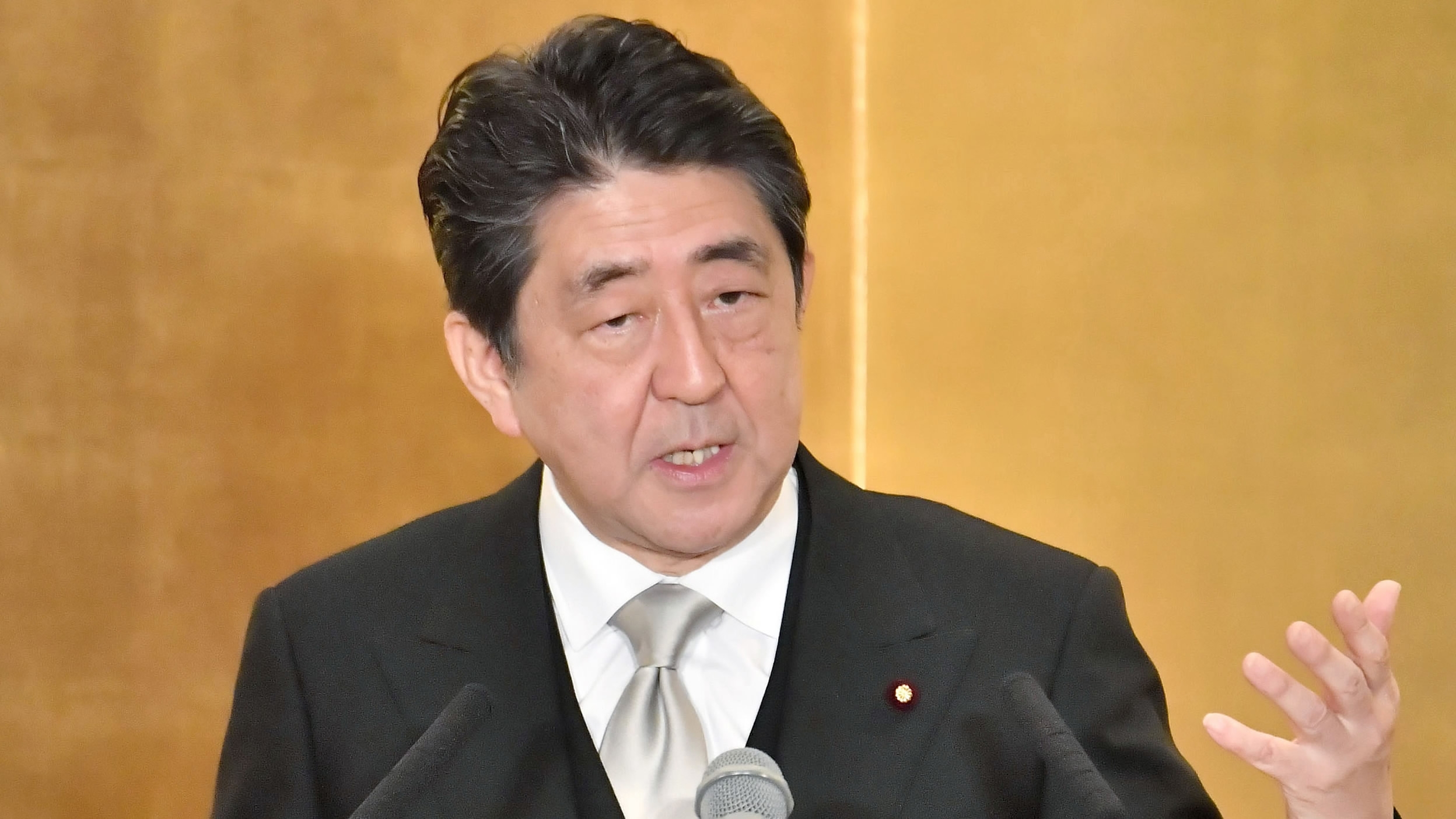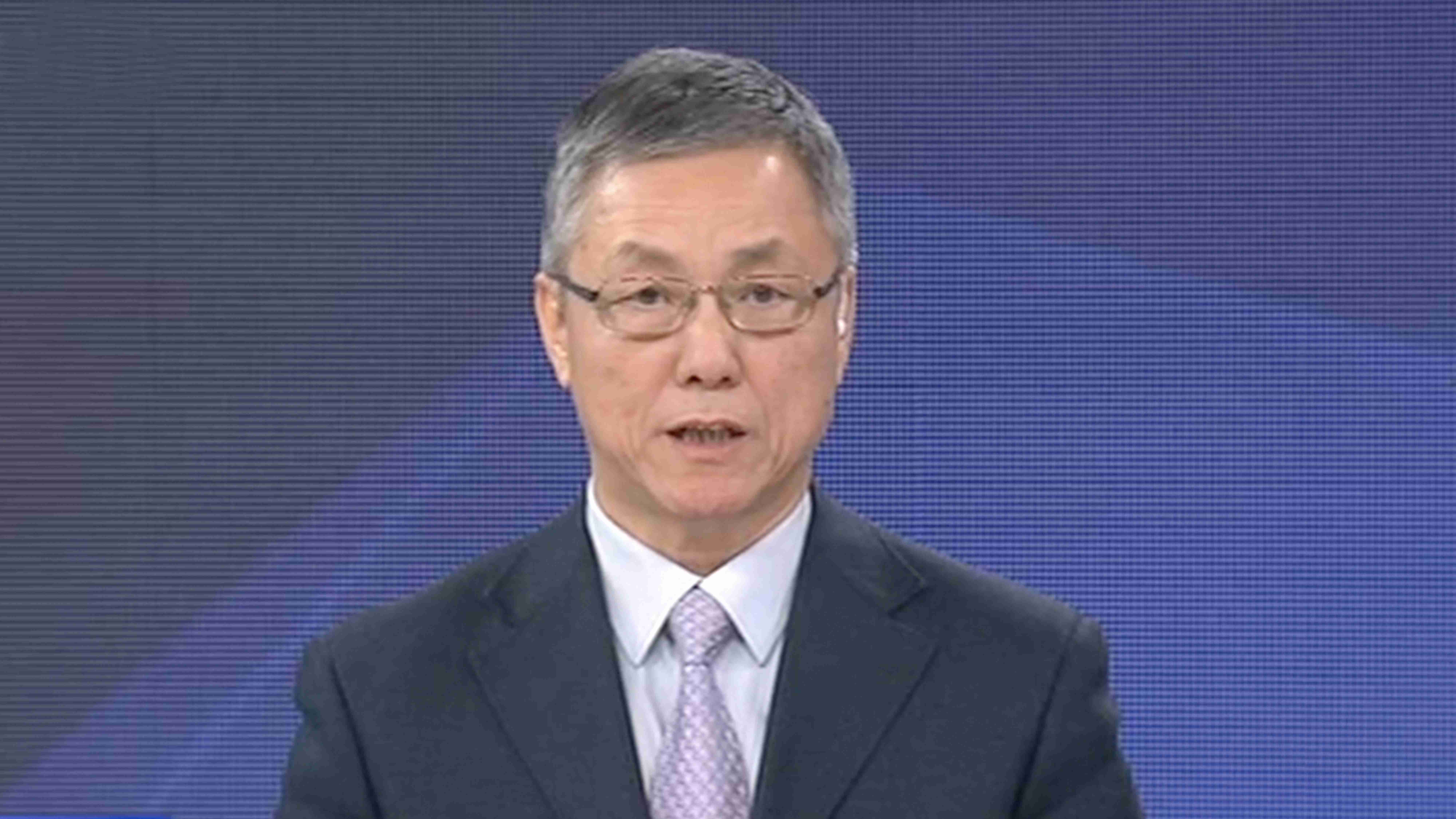
World
16:55, 05-Jan-2018
Warmer ties between DPRK and South Korea not so hot for Abe
CGTN

By CGTN's The Point
“This news of direct talks between North and South Korea is very good,” Takesato Watanabe, Professor Emeritus at Doshisha University in Kyoto, said during a discussion with CGTN.
“But for Mr. Trump and Mr. Abe, and also military industry-related people, this is not so good. Because for Mr. Abe, he needs the tension in the politics and his political activities inside Japan to manipulate public opinion and sentiment.”
The DPRK has accepted Seoul’s offer to hold talks next Tuesday to discuss Pyongyang’s participation in the upcoming PyeongChang Winter Olympics in February.
While many people in both Koreas and in neighboring countries have welcomed this positive step, not everyone will be happy about it - especially not Japan’s Prime Minister Shinzo Abe.

“Right after the last election, Deputy Prime Minister [Taro] Aso said the LDP got the overwhelming victory because our North Korea friend helped us,” Watanabe added.
In his New Year speech, Abe emphasized that Japan is facing the most severe security environment since World War II. As 2018 begins, his administration is continuing to push forward constitutional amendment, including changing Article 9 that validates the existence of the Japan Self-Defense Forces (SDF).
Last month, the Japanese Cabinet also approved a record-breaking defense budget, totaling 46 billion US dollars, the sixth straight annual increase since Abe took office in 2012.
If warmer ties between the DPRK and South Korea prevent this neighboring “friend” from “helping” politicians in Japan, what would be Japan’s next move?

Japanese Prime Minister Shinzo Abe at a New Year press conference on Jan. 4, 2018. /CFP Photo
Japanese Prime Minister Shinzo Abe at a New Year press conference on Jan. 4, 2018. /CFP Photo
Yang Xiyu, Senior Fellow at the China Institute of International Studies, offered an answer.
“For the right-wing politicians in Japan, they need to keep making enemies for Japan so that they can make excuses to increase the military budget and push forward revising the constitution.”
“There’s no direct relationship (for Japan) with either the DPRK, PLA, or Russia,” he said. “I believe in the next year and the following years, as long as Mr. Abe is in office, the military budget will continue to increase, so that they can turn the Self-Defense Forces into normal military forces, and that commands both ‘defensive’ and ‘offensive’ capabilities.”
However, Abraham M. Denmark, Director of the Asia Program at the Wilson Center in Washington DC, shared a different view.

“Potential warmer ties between North and South Korea are an extremely positive development, but even while Kim Jong Un was calling for dialogue with the South, he also reaffirmed his commitment to the development of nuclear weapons and ballistic missiles.”
Denmark is banking on the nuclear threat from the DPRK to continue, so that Japan will do more to defend itself.
The Point with Liu Xin is a 30-minute current affairs program on CGTN. It airs weekdays at 9.30 p.m. BJT (1330GMT), with rebroadcasts at 5.30 a.m. (2130GMT) and 10.30 a.m. (0230GMT).
810km

SITEMAP
Copyright © 2018 CGTN. Beijing ICP prepared NO.16065310-3
Copyright © 2018 CGTN. Beijing ICP prepared NO.16065310-3